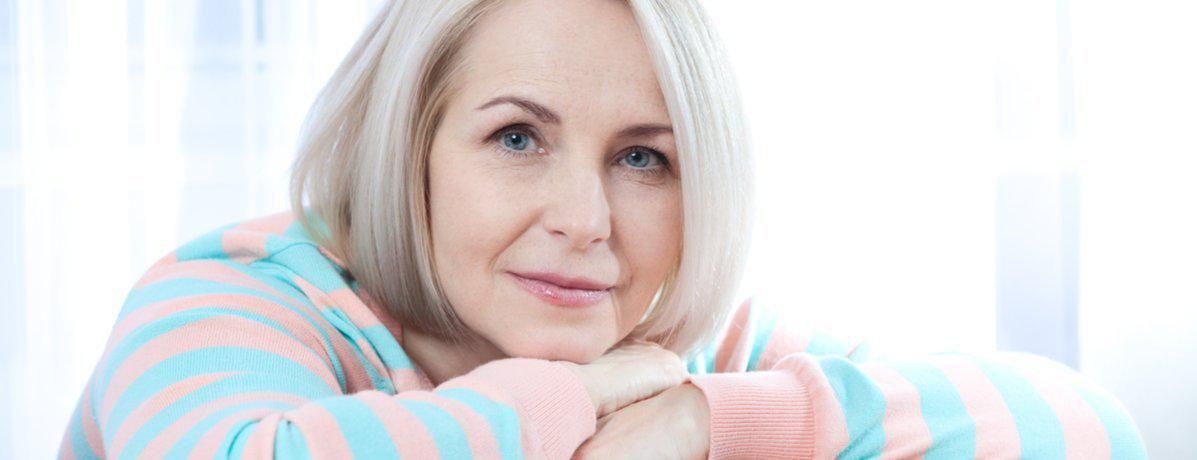Hormone Imbalance (men and women)
Hormones work as chemical messengers that travel through your bloodstream to your tissues and organs to regulate many different biological processes.
These symptoms could all be due to a hormone deficiency or imbalance
- Decrease sexual drive
- Weight gain
- Sleep disturbances
- Menstrual migraines
- Decreased energy
- Mental fogginess
- Hot Flashes and Night sweats
- Joint pains
- Depression
- Anxiety
Hormone imbalance or hormone deficiency results from the decline of female reproductive hormones. These hormones include estrogen, progesterone and testosterone.
Estrogen is the predominant female hormone. There are many forms of estrogen in the bloodstream. The most important form is called estradiol. Another form, called estriol, is very weak in the human body (contrary to what other “experts” claim).
Progesterone is an important hormone but mainly during pregnancy. Progesterone is also required for the body to have regular menstrual cycles. This hormone appears after ovulation, disappears just before the period, and is the main contributor to PMS type symptoms.
Testosterone is usually thought of as a “male” hormone, but it is also present in the female body to a much lower degree than in males. However, testosterone deficiency in women is being recognized as the cause of many of the above symptoms of hormone imbalance!
Causes of Hormone Imbalance
Most women think menopause is the only cause of hormone imbalance, but there are others. For example, anorexia and other eating disorders can lead to hormone imbalance. Other causes include medical conditions such as thyroid disorders, adrenal gland diseases, side effects of medications and severe stress. Also, some of the above symptoms can be due to medical problems such as depression and are not necessarily due to a hormone imbalance, but they could be.
Hormonal imbalance can begin as early as age 35, many years before the onset of menopause!
The decline in hormones, particularly testosterone, can be so gradual that the symptoms above can be present for many years before they start to become noticeable. Menopause is the final stage, when the production of female hormones nearly ceases altogether and the periods stop. Interestingly, even after menopause, the body will still continue to produce testosterone, but to a much lower degree than before menopause.
How does hormone imbalance affect women?
Women mainly produce the hormones estrogen and progesterone in their ovaries. However, women also produce androgens — male-like hormones such as testosterone and DHEAS — in their ovaries and adrenal glands.
When these hormones are not in balance, women can experience symptoms such as:
- Menstrual cycle irregularities
- Problems getting pregnant
- Hirsutism (extra hair growth)
- Acne
- Alopecia (hair loss)
- Decreased libido
- Headaches
- PMS
- Hot flashes that come and go
- Sleep disturbances
- and many other symptoms
Estrogen is also important in the normal functioning of your uterus and breasts, and helps protect your bone health.
How does a hormone imbalance affect men?
Often referred to as low testosterone or “low T,” the symptoms of hormone imbalance in men include:
- Erectile dysfunction
- Decreased sex drive
- Lack of energy and fatigue
- Problems sleeping
- Mood issues, depression, loss of confidence
These issues often show up years before more serious health issues become evident.
If left untreated, hormone imbalance in men can lead to:
- High blood pressure
- High cholesterol
- Diabetes
- Obesity-related illnesses
Being overweight and inactive aggravates these conditions. Overuse of alcohol, cannabis, or other medications or drugs can cause these problems also.
Treatments for Hormone Imbalance/Hormone Deficiency
The best treatment for hormone imbalance is hormone restoration with bioidentical hormones. Replacing exactly what the body is missing can restore your hormonal balance.

